The celebration has honored and recognized sixteen change-makers with the Anti-GBV awards for the past…
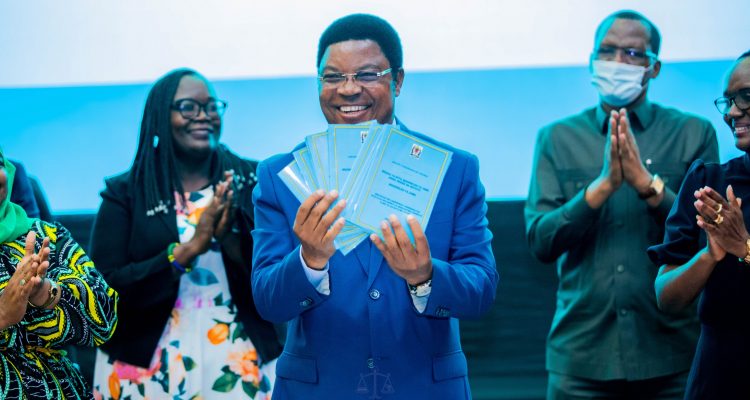
16 Days of Activism Campaign Against Gender Based Violence, 2021
Among other countries, Tanzania commemorated the 16 days and this year, and the theme was “Ewe Mwananchi, Komesha Ukatili wa Kijinsia Sasa,” meaning, ‘End violence against women now.” This year, the campaign provided an opportunity for reflection, re-strategizing and re-energizing on the need to join forces to end Violence Against Women and Children (VAWC).
The focus of the campaign 2021
The Campaign this year focused the theme that says: “END VIOLENCE AGAINST WOMEN NOW,” (Ewe mwananchi, komesha ukatili wa kijinsia sasa!” – in Kiswahili. The agendas tackled various thematic areas as follows:
- Domestic Violence
- Sextortion
- Violence against women in media space
- Marriage Act, chapter 29 Amendment
campaign key result areas: Promising campaign approaches and achievements
Throughout the campaign, it was evident that an emerging trend of promising approaches were making a sustained impact in the fight against VAWC. Over the years, these emerging practices have contributed to the movement building and advocacy at national and sub-national levels. The symposiums and conferences brought together stakeholders and community members from across the country, and the events were all well-attended. The facilitators for each session in the events were eloquent, delivered on their tasks, and ensured that the participatory approach was used at all stages during the plenary, group, and panel sessions. Key achievements from the event proceedings are as follows:
- Drafting, approval and launching of key policy documents and guidelines
- Official launch of the ‘Guidelines for the establishment of gender desks in universities and colleges.”
- A Standard Package of integrated and inclusive services for young people and people living with disabilities has been developed, and shared.
- New legal practice: The written Laws (Miscellaneous Amendments No. 3 Act, 2021, and Ac No.5 of 2021. Many Advocates are not aware of the current new trends and practices with regards to these amendments.
- Awareness was raised that the government has created Code of Conduct for Public Servants under the Public Service Act prohibiting any public servant from having sexual relations with a colleague or another person in the workplace and for any acts that cause sexual harassment in the workplace.
- The Prime Minister gave a series of directives including:
- All primary and secondary schools should establish gender desks.
- ii. Educational institutions in the country should establish gender desks and be made public so that all students are aware of the existence of such desks.
- The police force should strengthen operations at gender desks.
- Local government authorities should strengthen access to information on violations of the law, especially in areas of sexual violence.
- End Violence Against Women Now
- The Ministry of Health should continue to strengthen relationships with the private sector. “Receive feedback, hear the challenges of the private sector and the government assures them of cooperation.”
- Innovative methodologies for capacity building through training:
- The official launch held at Mlimani City Conference hall, and 1,238 from different regions and outside the country attended the launch.
- The “Caravan route” attracted a total of 1122 participants, 559 male and 563 female from a total of five visited institutions. The forthcoming table give summarize of participants attended training in each institution visited.
- Journalists were trained on gender concepts and frameworks, and how best to improve on documentation;
3. Advocacy agendas building momentum
On behalf of Mkuki, Adv. Anna Kulaya (CEO WiLDAF) presented the following requests to the government:
- To enact a law to regulate Gender Based Violence (Gender Based Violence Act). Because the lack of specific laws for violent offenses is a major challenge in accessing justice for victims and convicting suspects.
- To accelerate changes to the Marriage Act of 1971 to save our daughters from child marriage.
- To improve the structure and allocating adequate budget for the implementation of the NPA-VAW
- To repeal all discriminatory laws such as the Customary Inheritance Act, Government Proclamation No. 436 of 1963 which deprives women of their constitutional right to property through inheritance.
- Knowing the role of each community member in fighting and ending GBV, MKUKI
Promising campaign approaches and learnings
- Coordination of efforts by stakeholders and development partners: It was discussed and agreed in all symposiums that coordination of tasks/groups/stakeholders is a practice that needs to be continue, in order to avoid duplication of efforts. Reporting mechanisms in protection issues vis a vis addressing online violence against women all require a concerted synchronized approach to ensure value for money and integration of interventions that produce transformative change.
- Research and evidence generation for policy change: All campaign events included at least one presentation that raised awareness on current trends and data on GBV through research and documentation. All the presenters were technical experts in their field of study, and they encapsulated the essence of the advocacy focus, be it anti-GBV, reducing risk factors in the digital space, addressing sextortion in universities, identifying gaps in response and prevention in the workplace and against PWDs, as well as recognizing the gender inequalities in current laws (inheritance rights for example) and promoting legal reform.
- Policy dialogue: was exemplified whereby duty bearers and legislators alike came together and deliberated on the gender inequalities in the various sectors whether in the work place, at home, and/or in learning institutions. Legal reform/formation was a key highlight in the campaign, with promising outcomes that include potential revision of certain laws and/or bills and statutes.
- Innovative prevention and response services: The participants were lively and active during all the symposiums and conferences, and cited innovative approaches to prevention and responses. For example, university students were at the forefront of the Caravan route, giving excellent options to reduce sextortion in their universities, and requesting for response referral services in the universities (at least one room that is private and maintains confidentiality). The other idea was that there should be further protective mechanisms for victims and survivors of all forms of violence against women on and off campuses.
- Monitoring mechanisms put in place for real-time data for advocacy and policy influence: Online data processes and content creation have gained much interest of activists and funders alike. Capturing the total number of mobile users for example, and working in collaboration with authorities has borne fruit in the fight against online Violence against Women (OVAW).
- Enforcement of laws and policies (a strong focus on enacting policies and ratifying international instruments and protocols). The campaign was very effective in calling on duty bearers from key sectors (MOHCDGEC), Ministry of Constitutional and Legal Affairs (MoCLA), Legal consultants, technical specialists in the research field of GBV, as well as the participants who represented key CSO/Government/religious institutions. They made an accurate summation of where certain legal reform processes stand (for example the law of inheritance review process), ratification and enactment international instruments and protocols, for example the Convention for the Elimination of all forms of Discrimination against Women (CEDAW), as well as the ILO protocol in support of protection of Domestic workers.
- Political will: Politic will has been evident right from the start of the campaign, during the launch event. The high-level dignitaries that graced the event were led by the Prime Minister of the United Republic of Tanzania (URT), Hon. Kasim Majaliwa. His animated review of the current state of abuse and violence faced by women and girls was riveting, and his reconfirmed commitment to reduce and eventually eliminate VAWC was encouraging. Having launched the Ending violence Conference in March 2019, his follow-through resilience and resolve to create enabling factors that reduce the risk of GBV was commendable. Coupled with Ministerial officials and supported by Parliamentarians, individual and collective advocacy and policy influence was a key outcome of the campaign.
- Community based sensitization and mobilization, especially at the grassroots level: The participants who attended the symposiums and conferences were an indication of transformative change and impact, in that they were able to understand key principles in relation to Anti-GBV advocacy and policy initiatives. For example, religious leaders were well-versed on key outcomes of the inheritance law review process, and were able to converse intellectually on property rights. CSO representatives likewise aired their creative reflections and understanding of the current evidence-based research regarding OVAW, sextortion (the youth were particularly active and vocal), Sexual Health and Reproductive Rights for PWDs, as well as gender disparities in the workplace.
- Grassroots movements such as the GBV MKUKI coalition and the Karavan route participants that have strong representation of community-based organizations and faith-based organizations (students and Institutional administrators/lecturers) showed much resolve and need for transformative feminist change at all levels. All the mobilization at the grassroots level has been impacted by WiLDAF’s work in the field of supporting women political aspirants, training to community and religious leaders, and working in collaboration with key government and non-government stakeholders to end violence against women.
- Roles and responsibilities of key regulatory authorities made clear to all stakeholders: The active and energetic participation of officials representing various regulatory bodies such as Tanzania Communications Regulatory Authority, and references to the Tanzania Legal Reform Commission indicated a move towards strong enactment and implementation of laws and policies. They presented technical and informative data and research that has and will continue to support effective evidence-based advocacy at the national level. Specifically, the drive to move the OVAW and women’s inheritance rights were such examples of how regulatory bodies and agents are and can become key pivotal agents of change in support of the anti-GBV movement.
- Award and recognition of champions and change agents: Campaigns provide opportunities where by successful community change agents and champions are recognized and rewarded. The campaign secretariat deemed it fit to identify esteem individuals who are making an indelible mark in ending violence against women. One such champion reigned from a village in Misungwi District, Mwanza Region; yet another was a strong advocate against Female Genital Mutilation (FGM); another was a religious leader. Together, the movement has become stronger because of these individuals who have worked hard and tirelessly at changing their own mindsets and beliefs about gender equality, and becoming the change they want to see.
- Institutional capacity building and strengthening: One of the WiLDAF’s organizational strengths that are a pillar in their strategic approach is empowerment of women in the political, legal, and community spheres. They have been able to support women by training aspirants, community leaders, religious leaders, youth, as well as marginalized groups (PWDs) on their rights. The campaign symposiums and conferences offered opportunities for learning and sharing on key information (for example the legal reform process regarding inheritance rights), and research findings related to GBV. The events are a promising practice that provide avenues for policy dialogue, learning, and sometimes un-learning so that knowledge, attitudes and perceptions are challenged that perpetuate visible and invisible power over women and girls. Journalists deliberated on the key definitions of gender and inclusion, and their understanding elevated after capacity building sessions during group work.
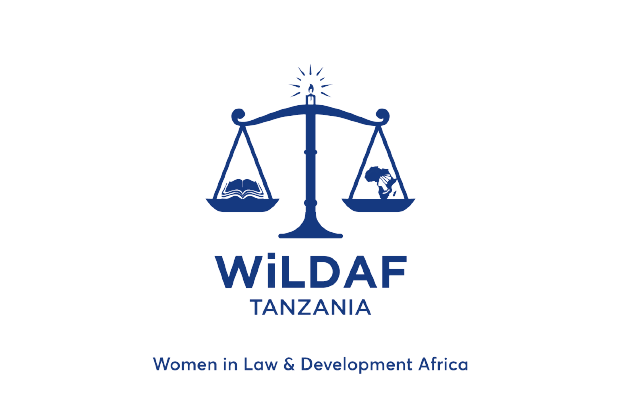
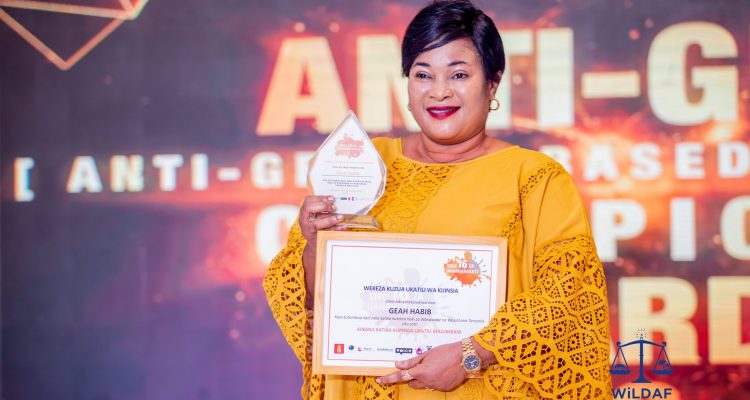
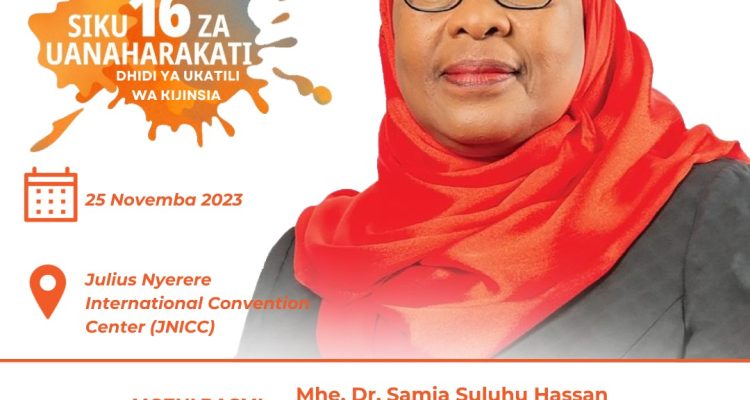
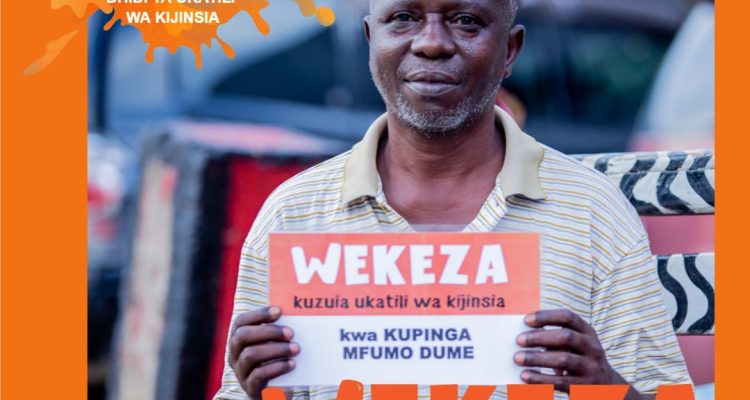
This Post Has 0 Comments